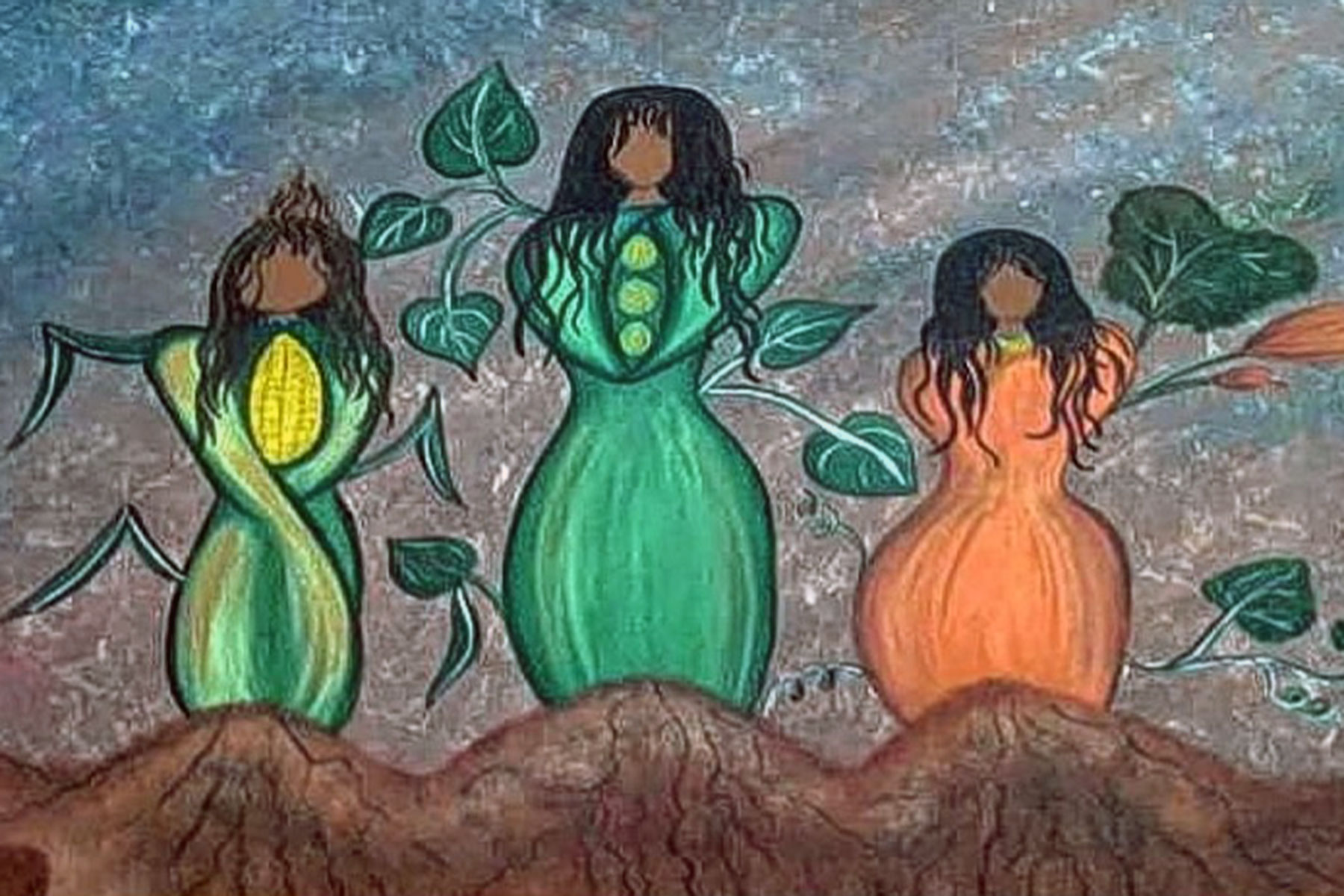Monthly observances for the month of September range from National Italian Cheese Month and National Square Dance Month to one of the most important mental health topics of the year: National Suicide Prevention Awareness Month.
First recognized in 2008, this is a time to acknowledge the great impact of suicide on families and communities as well as push a bit more for education around resources.
Native communities deal with significantly higher rates of suicide compared to all other racial and ethnic groups in the U.S., with suicide being the eighth leading cause of death for American Indians and Alaska Natives across all ages (Says, 2020). Prevention efforts have largely failed to address this difference because efforts are often based on a model that approaches the problem at an individual level rather than the community level. In other words, typical prevention efforts deal with the person suffering but do not consistently address the wider context of families, communities, and connection. One of the problems in the English language is that the terms “mental health” or “behavioral health” sometimes direct our attention to personal mental and emotional factors and leave out spiritual health, community health, and big-picture wellness. We don’t need science to tell us that a person’s health and wellbeing has everything to do with connection and belonging to a community.
Here at the Behavioral Health Division, we are dedicated to education and awareness around suicide prevention. Our grant from SAMHSA (Substance Abuse and Mental Health Services Administration) connects us to a nationwide program called Native Connections. Within this frame, we are working to involve community voices and strengthen generational connections. Our official purpose “is to prevent and reduce suicidal behavior and substance misuse, reduce the impact of trauma, and promote mental health among American Indian and Alaskan Native (AI/AN) young people up to and including age 24.” The Native Connections theme is “Culture is Prevention.” This underscores the importance of community, tradition, and family support.
Our work is also connected with the La Plata County Suicide Prevention Collaborative which approaches prevention from multiple perspectives, including connection with others and stigma reduction. You can find their website below.
And finally, one of the best-known sources for prevention is the 988-crisis line. The BH division has recently begun working directly with the 988 infrastructure in order to best serve the community. We look forward to seeing the results of a recent needs assessment to guide our decision-making about how we can make the most impact. As part of this effort, we are also evaluating the mobile crisis response in our community and will provide more information in the near future.
If you have thoughts about how you would like to see the community served better in these matters, please don’t hesitate to contact us.
Sources:
Says, N. P., Says, V. M., Says, C. M., Says, H. A., & Says, R. B. (2020, January 31). American Indian suicide rate increases. NICOA. Retrieved May 2, 2022, from https://www.nicoa.org/national-american-indian-and-alaska-nativehope-for-life-da
https://www.southernute-nsn.gov/wp-content/uploads/sites/15/2020/10/Native-Connections-Family-Resource-Guide-2020-FINAL.pdf
American Indian/Alaska Native Settings – Suicide Prevention Resource Center (sprc.org)
Culturally Responsive Suicide Prevention in Indigenous Communities: Unexamined Assumptions and New Possibilities – PMC (nih.gov)
https://www.lpcsuicideprevention.com/
Here’s to your good health!
It’s okay not to feel okay.
If you or someone you know has been struggling with their emotions, behaviors, or substance use please reach out to us. We can help you find appropriate tools and services that could help you overcome obstacles in your life. We are here for you. Please contact the Southern Ute Behavioral Health Division at 970-563-5700 for more information or to set up an appointment to see a counselor or therapist.
Reminder: If you need to talk to someone, please reach out.
And for those interested in opioid use education, harm reduction, and support, please contact us for quick Naloxone (Narcan) training and fentanyl test strips. We can schedule individual, family, or friends training times at our Southern Ute Behavioral Health Building, or we can come to you, and the training is around 30 minutes. Please call us at 970.563.5700 to set up a training appointment.

